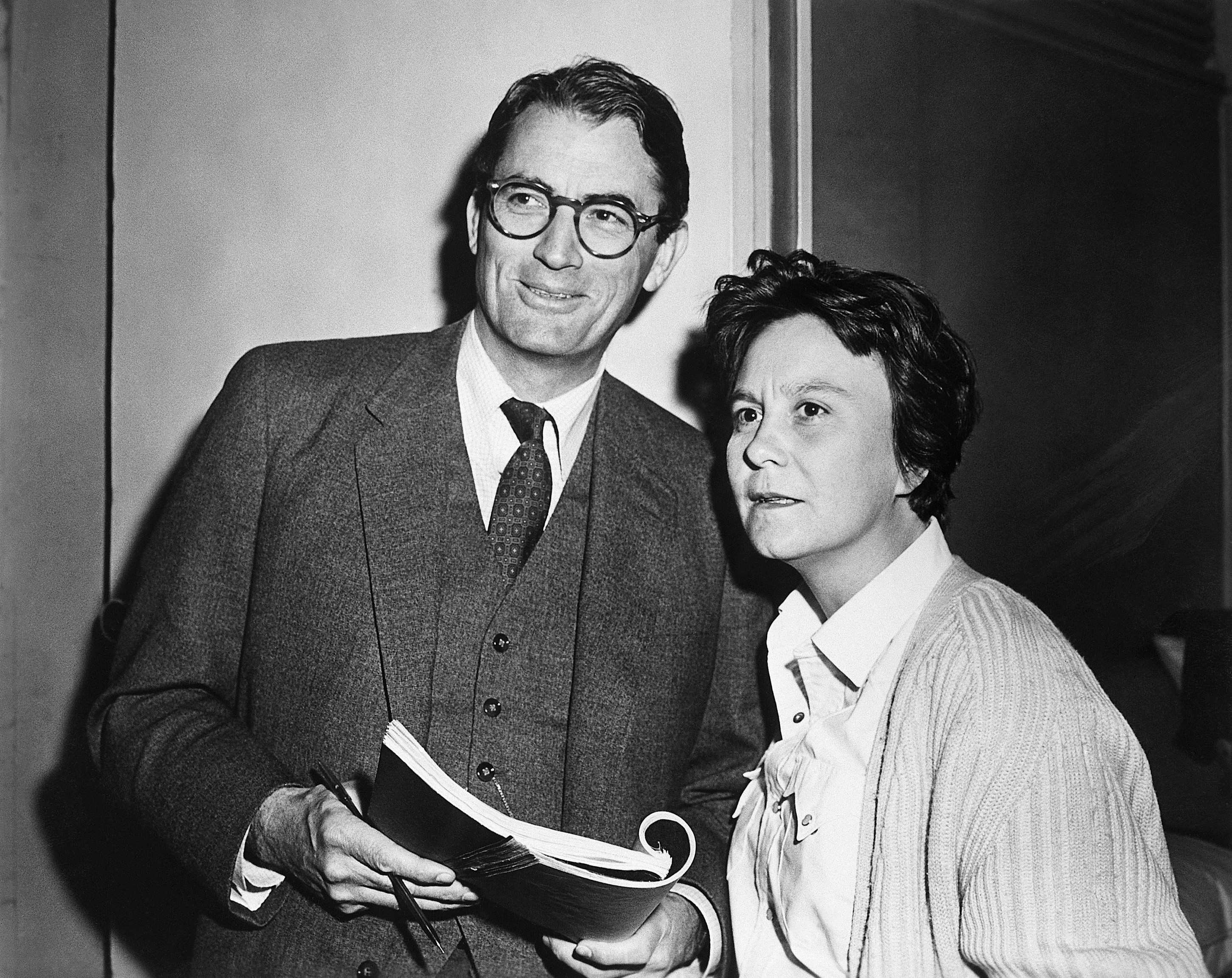Harper Lee's singular legacy
With one immortal novel, Harper Lee made a priceless contribution to American culture


A free daily email with the biggest news stories of the day – and the best features from TheWeek.com
You are now subscribed
Your newsletter sign-up was successful
Harper Lee, author of the beloved American classic To Kill a Mockingbird, has died in her hometown of Monroeville, Alabama. She was 89.
Harper Lee's preference was that her personal life remain private, so I won't recount her biography here. But there is, of course, one aspect of Lee's legacy that belongs to everyone: To Kill a Mockingbird, the Pulitzer Prize winner that was almost instantly recognized as one of the Great American Novels when it was published in 1960. It was also, in every meaningful sense, the only novel Lee ever published. (Go Set a Watchman — an earlier draft of To Kill a Mockingbird, disingenuously passed off as a "sequel" when it was published under dubious circumstances last year — is, at best, a curiosity suited for literary scholars.)
To Kill a Mockingbird is a novel of glorious contradictions. It is simple and accessible enough to be assigned to sixth graders, but infused with enough depth and complexity to merit close analysis by literary scholars. Maycomb, the fictional Alabama town in which the story is set, is depicted with stunning specificity — but the novel itself could hardly feel more universal. Individual quotes from the book sound beautiful out of context — and have been applied to any number of meaningful causes in the decades since its publication — but To Kill a Mockingbird is as tight and complete as a novel can be. And — most impressively of all — To Kill a Mockingbird has always been a bestseller, but has never lost its ability to feel deeply, intimately personal to each individual reader.
The Week
Escape your echo chamber. Get the facts behind the news, plus analysis from multiple perspectives.

Sign up for The Week's Free Newsletters
From our morning news briefing to a weekly Good News Newsletter, get the best of The Week delivered directly to your inbox.
From our morning news briefing to a weekly Good News Newsletter, get the best of The Week delivered directly to your inbox.
To Kill a Mockingbird's legacy has extended, inevitably, beyond the pages of the novel. Robert Mulligan's 1962 film adaptation is an immortal American classic in its own right, with eight Oscar nominations, three wins, and a similarly extensive legacy; in 2003, the AFI named Atticus Finch, as played by Gregory Peck, American cinema's all-time greatest hero. A theatrical adaptation has been annually performed in Monroeville since 1990. And earlier this month, producer Scott Rudin announced that Aaron Sorkin will pen a new stage adaptation of To Kill a Mockingbird, bound for Broadway in 2017.
The runaway success of To Kill a Mockingbird was a source of discomfort for Lee, who once famously remarked that she had more in common with the reclusive Boo Radley than the tomboyish Scout Finch. While Lee never spoke at the many, many ceremonies devoted to honoring her life and work, I take heart in the fact that she routinely showed up to take in the appreciation of her devoted readers. As much as I can sympathize with Lee's reluctance to live in the public eye, I hope she recognized that the public's interest in her life was a tribute to the sheer power of her work, which meant so much — and means so much — to so many people.
It's a testament to the novel's immortality that To Kill a Mockingbird has remained such a vital piece of our collective history despite its author's utter disinterest in championing its legacy. Some works are so great that they attain a momentum that is all their own. In 2007, as he awarded Lee the Presidential Medal of Freedom in honor of her timeless, singular contribution to American literature, President George W. Bush praised To Kill a Mockingbird as "a gift to the entire world" that "influenced the entire character of our country for the better." Though Harper Lee shied away from praise, it's a legacy that could hardly be more praiseworthy.
A free daily email with the biggest news stories of the day – and the best features from TheWeek.com
Scott Meslow is the entertainment editor for TheWeek.com. He has written about film and television at publications including The Atlantic, POLITICO Magazine, and Vulture.
